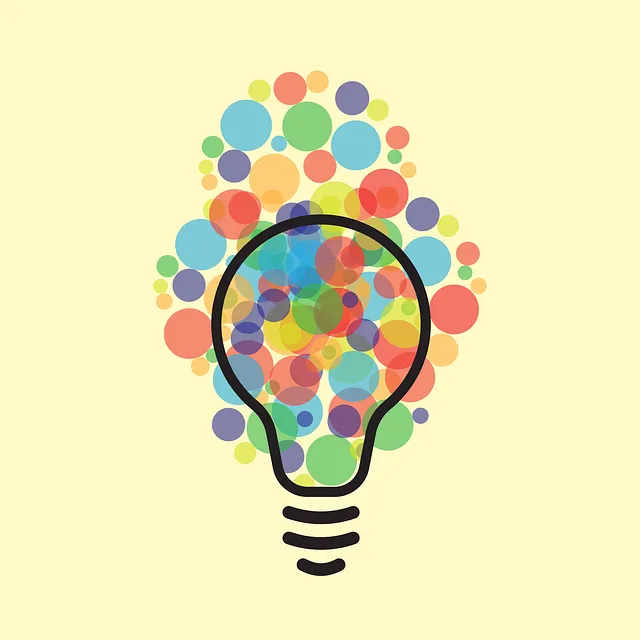In today's digital era, mobile apps are revolutionizing mental wellness, addressing stigma and providing accessible support. Organizations like Kaiser and Centennial offer comprehensive coverage for mental health therapy through innovative apps. These apps integrate evidence-based practices (e.g., CBT, mindfulness), personalized features, cultural sensitivity, and educational content to cater to diverse users' needs. While Centennial focuses on specific relaxation techniques, Kaiser provides a broader range of services, combining evidence-based therapies with professional guidance for tailored mental health management.
In today’s fast-paced world, mental wellness app development is a game changer. With increasing demand for accessible mental healthcare solutions, apps like Kaiser play a pivotal role in providing support. This article explores the growing need for mental wellness apps, outlines key features for effective design, and compares Kaiser’s services with traditional therapy models. Discover how these innovations, including Centennial app comparisons, are reshaping mental health care, ensuring accessibility and convenience without compromising quality, especially considering what Kaiser does cover in terms of mental health therapy.
- Understanding the Need for Mental Wellness Apps
- Developing Effective Features and Functionality
- Kaiser's Role in Mental Health Therapy and Centennial App Comparison
Understanding the Need for Mental Wellness Apps

In today’s fast-paced world, mental wellness has emerged as a critical aspect of overall health, with a growing recognition that emotional well-being is just as vital as physical fitness. This shift in perspective has led to an increased demand for accessible and convenient solutions, which is where Mental Wellness Coaching Programs Development comes into play. With the rise of digital technology, mobile apps have become powerful tools to address mental health concerns, offering support and resources to individuals seeking assistance.
The need for such applications is further underscored by the persistent Mental Illness Stigma Reduction Efforts. Many people still struggle with seeking help due to societal perceptions and stereotypes surrounding mental health issues. By providing easily accessible platforms, mental wellness apps aim to break down these barriers and encourage open conversations about emotional well-being. Moreover, with organizations like Kaiser offering comprehensive coverage for mental health therapy through their Centennial plans, the integration of digital solutions becomes even more appealing and necessary in catering to diverse user needs, especially in managing Stress Management effectively.
Developing Effective Features and Functionality

Developing effective features and functionality for a mental wellness app is a multifaceted process. Incorporating evidence-based practices such as Cognitive Behavioral Therapy (CBT) techniques, mindfulness exercises, and stress management tools can significantly enhance user experiences. Customizable plans tailored to individual needs, tracking progress over time, and offering personalized recommendations based on usage data are powerful features that cater to users’ unique mental health journeys.
Cultural sensitivity in mental healthcare practice is another critical aspect worth emphasizing. App developers should ensure diverse representations and inclusive language to cater to a wide range of users. Integrating Mental Health Education Programs within the app can empower individuals with knowledge about various mental health conditions, coping strategies, and self-care practices. Additionally, featuring a Mental Wellness Podcast Series Production can offer engaging audio content, providing alternative learning experiences and support for those seeking additional resources or different delivery methods.
Kaiser's Role in Mental Health Therapy and Centennial App Comparison

In today’s digital landscape, mental wellness apps have become a vital tool for fostering inner strength development and burnout prevention. One notable player in this space is Kaiser Permanente, a healthcare organization renowned for its comprehensive approach to mental health therapy. Kaiser offers a wide range of services through its digital platforms, addressing various aspects of psychological well-being. Their apps provide resources for stress management, mood tracking, and even virtual therapy sessions, making professional support more accessible than ever.
When comparing Kaiser’s offerings with contemporary mental wellness apps like Centennial, it’s evident that both aim to revolutionize self-care practices. While Centennial focuses on creating a personalized experience for users seeking mindfulness and relaxation techniques, Kaiser covers a broader spectrum of mental health needs. By integrating evidence-based therapies and professional guidance, Kaiser ensures its users receive tailored support for their unique challenges. This comparison highlights the diverse approaches available in the market, catering to different preferences and requirements for self-care practices.
Mental wellness apps have emerged as powerful tools in addressing the growing need for accessible mental health support. By combining technology with evidence-based practices, developers can create effective resources that cater to diverse user needs. As discussed, featuring personalized plans, integrated therapy sessions, and mindfulness practices can significantly enhance app usability and user engagement. Furthermore, understanding the existing healthcare systems, like Kaiser’s role in mental health therapy, is crucial for app developers aiming to fill gaps in care, especially when considering how apps can complement or even revolutionize traditional treatment methods. With the right features and a focus on user experience, mental wellness apps have the potential to significantly impact public mental health, offering convenient, accessible support to those seeking assistance.


